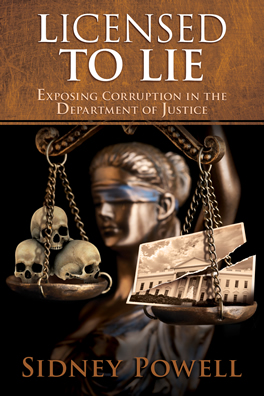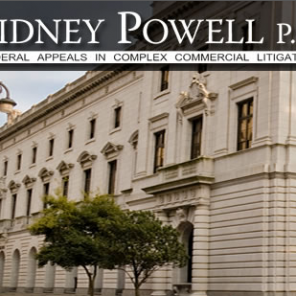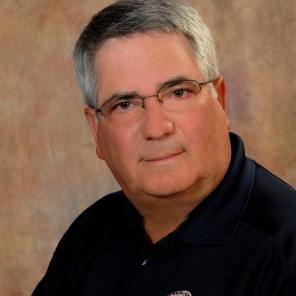FEDERAL JUDGE SUA SPONTE ORDERS NEW TRIAL FOR BRADY VIOLATIONS
 In an unusual and virtually unprecedented opinion, US v. Garner et al, No. 2_11_CR_00038 (N.D. Miss. July 15, 2014), Judge Neal Biggers of the Northern District of Mississippi sua sponte acknowledged his prior elision of arguments that the government, Assistant United States Attorneys’ Clayton A. Dabbs and Robert J. Mims, engaged in constitutional and statutory violations at trial, and sua sponte granted defendants a new trial for Brady violations.
In an unusual and virtually unprecedented opinion, US v. Garner et al, No. 2_11_CR_00038 (N.D. Miss. July 15, 2014), Judge Neal Biggers of the Northern District of Mississippi sua sponte acknowledged his prior elision of arguments that the government, Assistant United States Attorneys’ Clayton A. Dabbs and Robert J. Mims, engaged in constitutional and statutory violations at trial, and sua sponte granted defendants a new trial for Brady violations.
After the trial, which alleged federal crimes arising from a bribe and kickback scheme involving a community hospital, Judge Biggers entered judgments of acquittal and alternately motions for new trials for defendants Earnest Levi Garner and Raymond Lamont Shoemaker. On the government’s appeal, the Fifth Circuit reversed, reinstated the jury verdicts of guilty and remanded for resentencing. On remand, the district court noted that its prior grant of the alternate new trial motions did not address defendants’ claims of Brady violations but instead relied on a separate legal issue related to “agency” (as to the hospital) and the related jury instructions. Nor did the government address the Brady issues in its appeal to the Fifth Circuit, “ostensibly since the [] court had not ruled on them.” Because the court “did not grant the defendants a ruling on the Brady claims,” and despite the peculiar procedural posture, the court determined that “to refuse to rule on these constitutional claims now would be a denial of due process and contrary to the interests of justice.”
Reviewing the record, the court determined that the government had failed to adhere to the mandates of Brady and a new trial was required. In an all-too familiar scenario, the government flipped the actual progenitor of the fraud and employed him to lasso a series of others:
The government’s main witness - [Michael David] Chandler, the man who originated the conspiracy for which these defendants were prosecuted - was, at the time of the trial, under a twenty-six count criminal indictment and had been for approximately one-year, the substance of which indictment was kept secret from the defendants herein until Chandler had taken the stand during the trial as the main government witness and finished his direct testimony. It was only then that the government made a motion to a trial judge in another courthouse of this court to unseal the indictment, which the government had asked to be sealed over a year earlier.
Citing Brady, Bagley, and Kyles, Judge Biggers determined that “[t]o casually throw out to the defendants an indictment under seal for over a year against the government’s star witness only after that witness had finished his direct testimony” does not comply with due process. While the court denied the defendants’ motions for mistrial or dismissal upon this eleventh-hour disclosure, a colloquy on the record shows that the government had engaged in grotesque gamesmanship to deprive defendants’ of this vital impeachment tool. Moreover, the record shows that the government lied to the court about whether the star witness had seen his indictment. In all cases, the government violated both an order of the court and the dictates of Brady and its progeny by failing to turn over this material in sufficient time to permit defendants to plan their defense strategies with full knowledge of all material information.
Additional constitutional violations which the court failed to address in its earlier ruling included false statements of the same star witness that he had received multiple benefits in exchange for his testimony and the suppression of interview statements of that same witness that were never produced. In sum:
Because of the flagrant violations of constitutional requirements of Brady and Kyles, and the cumulative effect of other materials to which the defendants were entitled for use in preparing their defense strategies and in impeachment of the government’s main witness, the Court finds that the defendants are entitled to a new trial on the conspiracy charges on which Chandler was the primary witness, and to do otherwise would be a denial of due process law to the defendants.
Bravo to Judge Biggers, the latest entrant to our Hall of Fame, for the courage and humility to recognize his own fallibility, and, most importantly, to seek justice.
TEL










